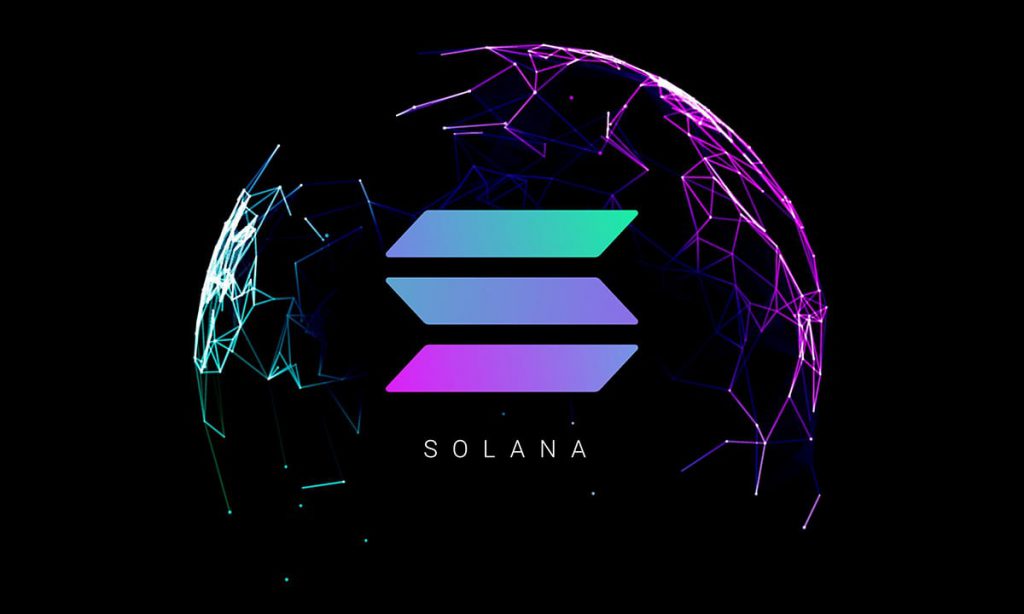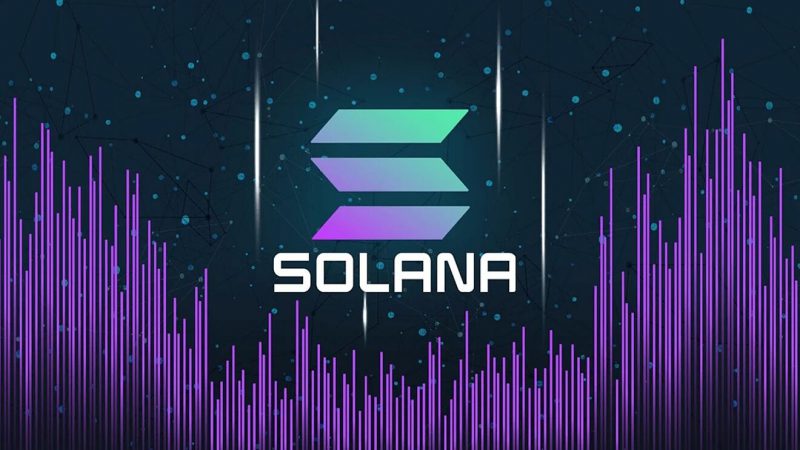2024 seems to have brought forth a positive market sentiment for leading cryptocurrencies. SOL, in particular, has emerged as one of the leading altcoins, reclaiming its market cap at the start of the year.
Solana has also been actively forging alliances with leading market players like Filecoin in efforts to establish market dominance.
While the token has steadily been ascending to new highs, SOL’s average transaction fee has also risen, which can considerably harm its collective trading sentiment.
Also Read: Solana March Price Prediction: Can SOL Hold $100 Level?
Solana Network Activity Records Notable Surge in Transaction Fees


In a new analysis posted on X, Power Your Own Research, an analysis forum, has come up with an interesting insight. The handle was quick to draw comparisons based on the average transaction fees of Solana and Polygon. The firm noted how Solana has broken all records when it comes to its average transaction fee pricing.
Also Read: Solana: Can You Become A Millionaire With SOL by 2030?
“Solana was cheaper than Polygon until 2023. And by a lot. For instance, in 2022 and 2023 (on some days), one could do 38 transactions on Solana at the same cost as a single transaction on Polygon. The difference in average fees was close to 90%. This changed in December 2023. When the difference in average fees dropped to 25%, In 2024, Solana flipped Polygon in terms of average fees per transaction.”
The analysis further drew on the community’s stark reaction, with some questioning Solana’s long-term purpose and intent.
What Does the Data Show?
Per the data collected by analytical firm Artemis, Solana’s average transaction fee has noted a sharp spike in the past few months.
The blockchain’s average network fee has crossed $0.03, which is dubbed more expensive than most of the leading L2 chains.
If this surge continues, it could potentially affect the trading activity on the chain, impacting its overall network usage.
However, Solana’s high transaction fee has not yet posed any critical harm to its trading sentiment. The overall network activity on SOL seems positive and is showing signs of gradual growth and progression.
The data also shows how, despite rising transaction metrics, users are willing to pay high fees to execute transactions on the blockchain.





